Meet Raul.
Or, to be clear, pre-pandemic Raul.
He starts his days with green tea and makes most of his meals from scratch, right down to the corn tortillas. He hits the gym five days a week, too.
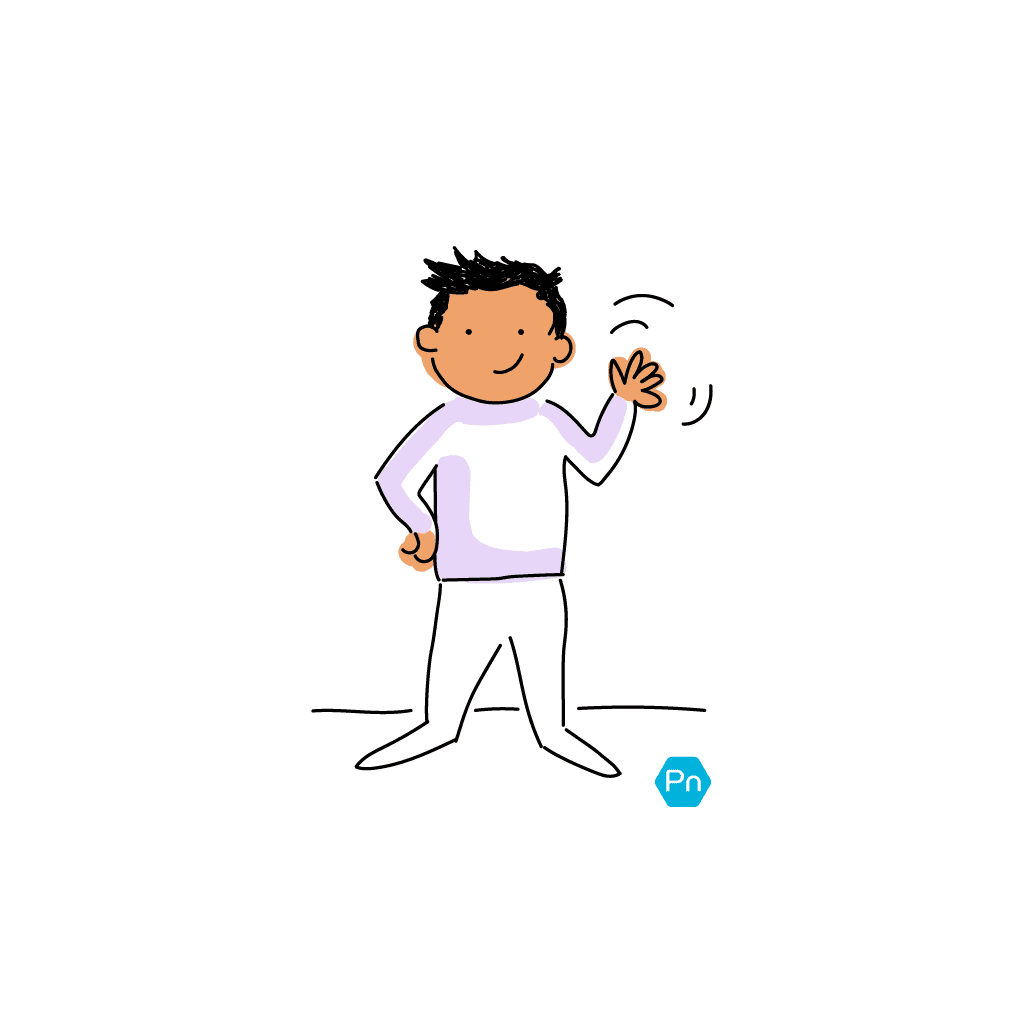 Like many of us…
Like many of us…
Raul’s life changed during the pandemic.
Fortunately, his loved ones are okay. And his job is secure. (Phew.)
However, when his gym closed, he took a little break. This turned into a longer break, and now it seems he’s just… on break.
Without workouts to anchor his days, other habits unraveled, too.
He’s replaced his morning green tea with a doom-scrolling session on Twitter.
Kind of like an old lover, he wistfully thinks of those homemade meals from time to time, but doesn’t actually do anything with them.
Instead, he’s relying on takeout (and donuts, if he’s being honest) as his main source of calories, usually eaten in front of the TV.
Why can’t Raul motivate himself to do what once came so easily?
(And why can’t so many of us do the same?)
In this story we reveal the surprising answer, using what happened to Raul and his friend Chen as an allegory. By the end, you’ll be able to:
- Understand your current struggles (if you relate to Raul) and
- Fortify your fitness and nutrition efforts—so they remain intact (or mostly intact) during future life upheavals.
Before the pandemic, Raul’s world was more or less stable and predictable.
This helped him—probably more than he realized—maintain his fitness and nutrition habits, and even see gains month after month.
Most nights, he slept like a bear in January, and his stress was low. After all, life was pretty good.
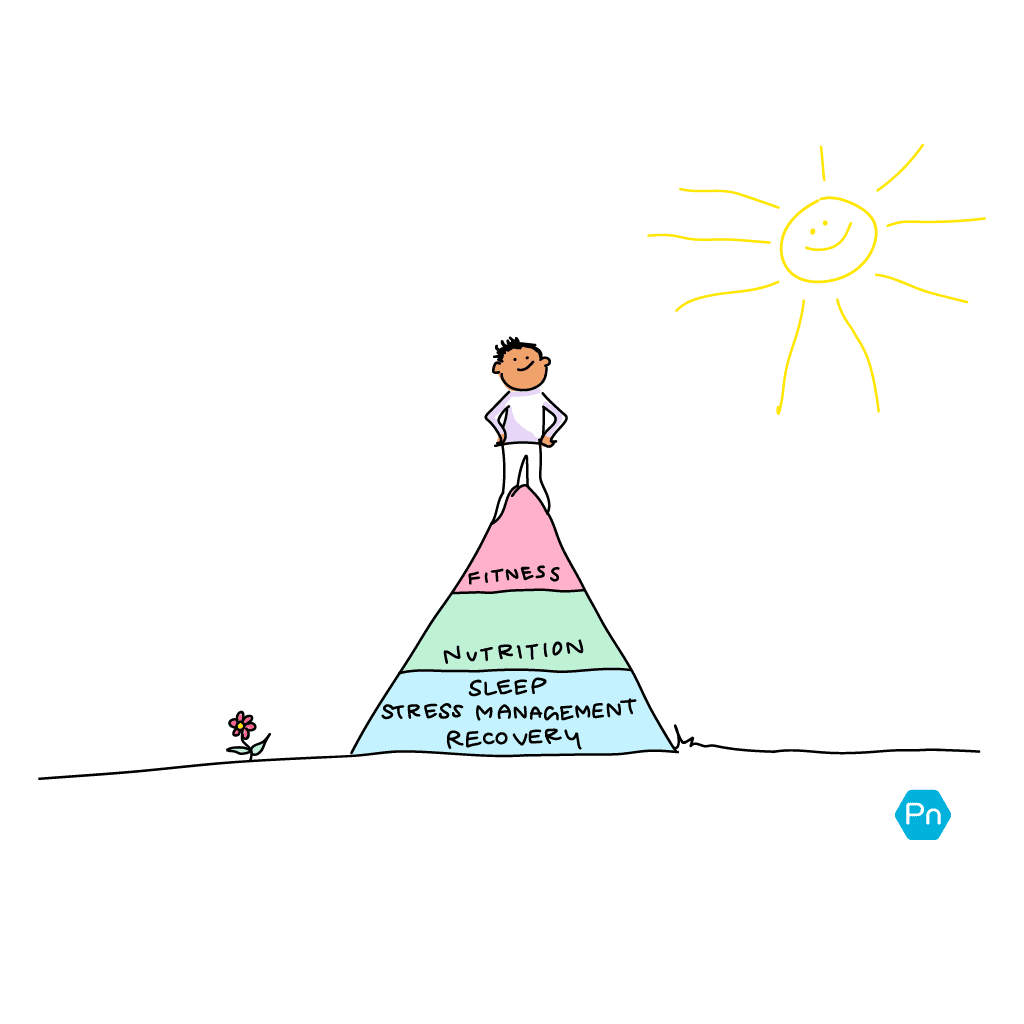
Then…
The pandemic shook the ground beneath everyone’s feet.
Raul’s sense of ease was replaced with a pervasive backdrop of uncertainty: Was it safe to go outside? One mask or two?
His CrossFit box closed, and his work moved from a dynamic “let’s blow off steam with a Nerf gun battle” office to an eerily-quiet-home-alone vibe.
His weekly family dinners were put on hiatus; he couldn’t risk getting his parents or his abuelita sick.
Even basic stuff—like finding chicken breasts or toilet paper at the grocery store—wasn’t so certain anymore.
As a result, Raul felt incredibly stressed.
His sleep began to suffer, his anxiety increased, and the habits that used to feel so natural now felt almost impossible.
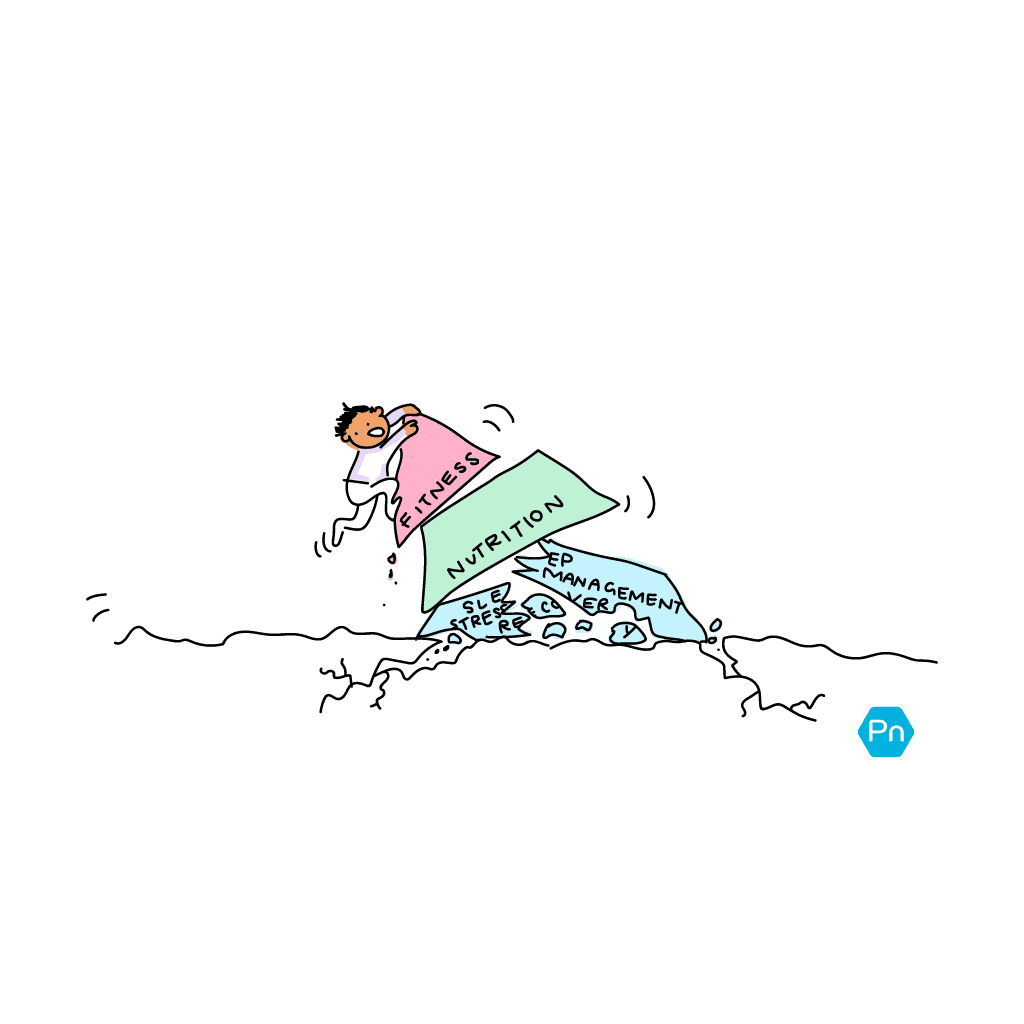
If you relate to Raul, we’re going to share some insights that might help you feel better. Before we do so, however, we want to introduce you to someone who weathered the pandemic a little differently.
Meet Chen.
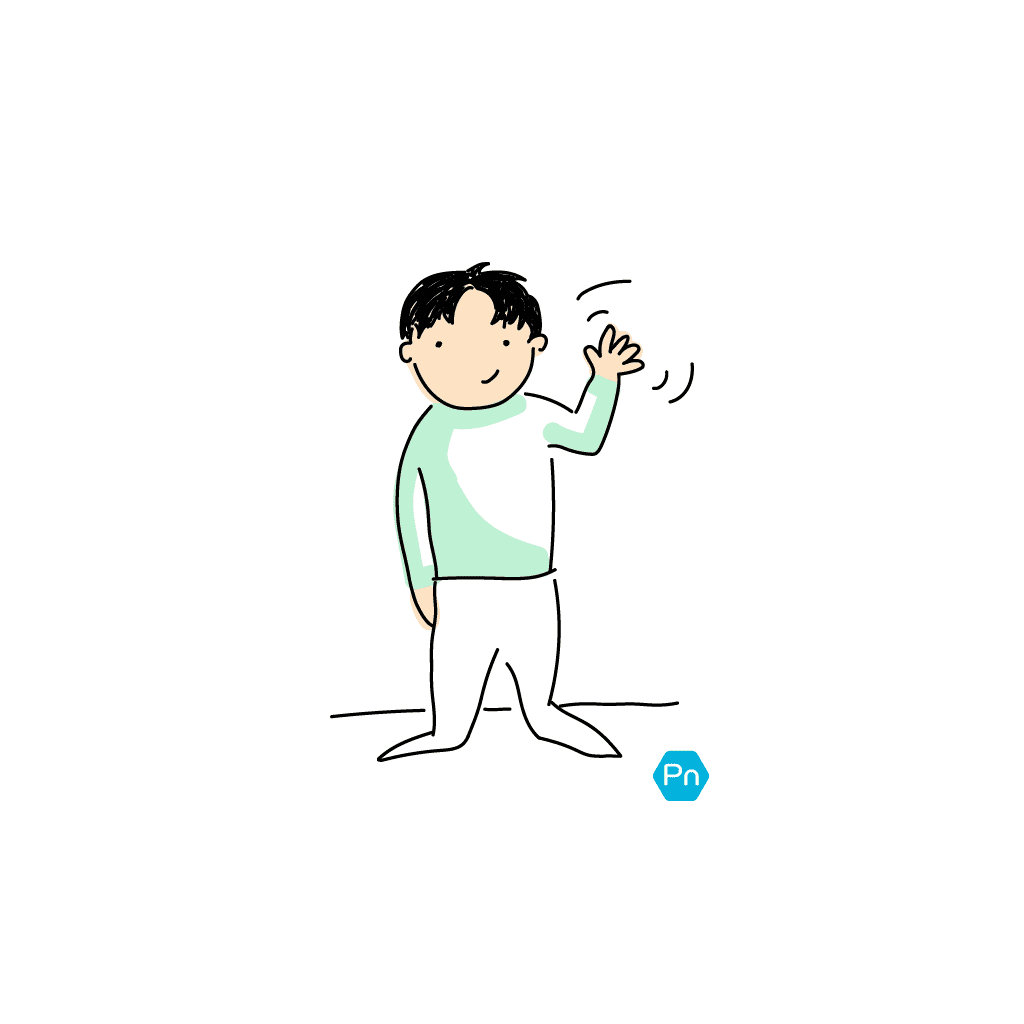
Like so many of us, Chen had his struggles during the pandemic. But mostly, he surfed those rocky waters with admirable strength and resilience.
He even improved (what?!) in some areas.
He read a book a week for an entire year.
He learned to make sourdough.
He deepened a walking-based friendship with a neighborhood buddy.
He taught himself French.
Tell us your secrets, resilient person.
Before the pandemic, like Raul, Chen was adept at planning and preparing healthy meals, and prioritizing vigorous exercise.
Unlike Raul, Chen also practiced a variety of stress-regulating, recovery-oriented techniques:
- He had a solid bedtime routine, and knew how to quiet his mind when he noticed it obsessively chewing on worry.
- He regularly practiced mindful eating, experimented with breathing techniques and, on really crappy days, journaled to sort out his thoughts.
- He had a realistic, but positive mindset, viewing challenges as opportunities to develop self-compassion, learn, and grow.
These sleep, stress management, and recovery-related habits helped Chen maintain his health and fitness not just when life felt predictable and easy, but also when poop hit the fan.
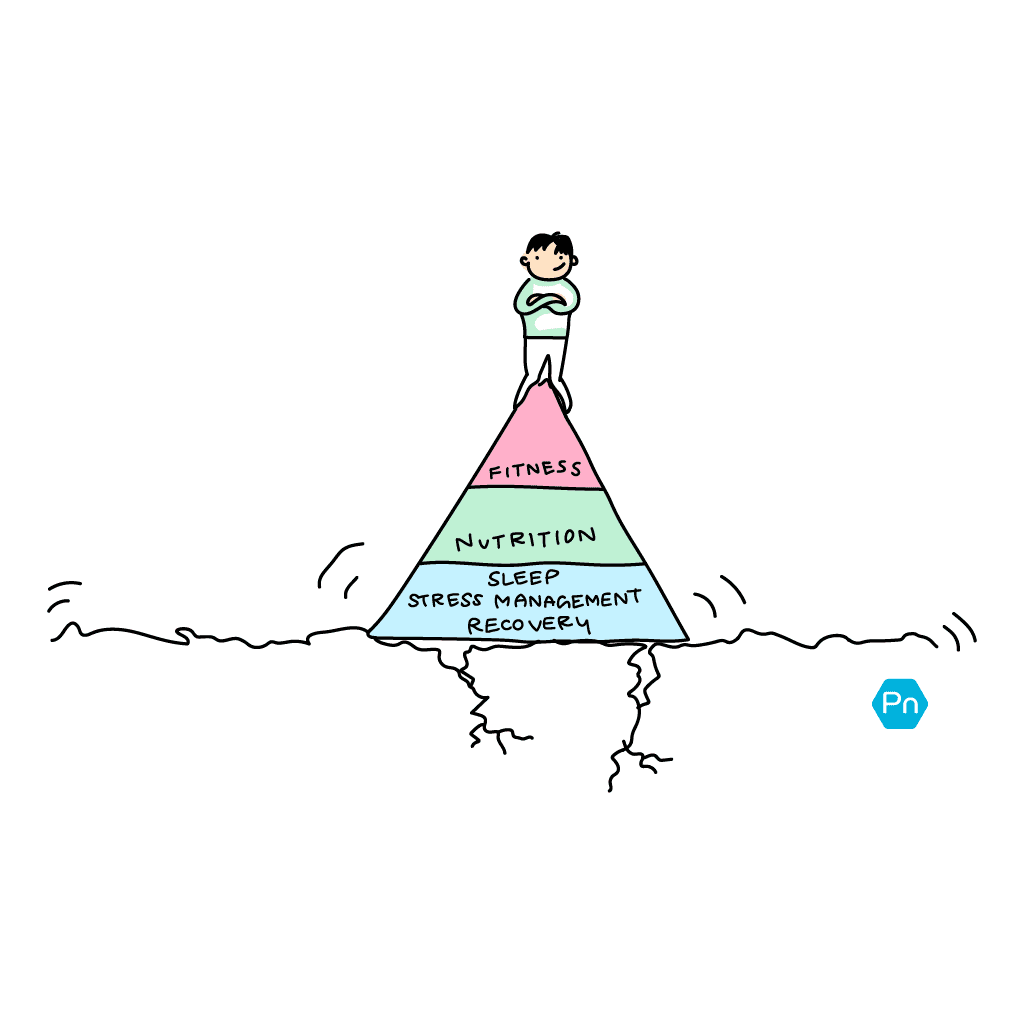
When the pandemic disrupted life, Chen had lots of coping strategies.
To be clear, Chen experienced some bad pandemic days.
He sometimes felt scared and stressed.
Like all of us, he retreated to his bedroom for a few (okay, way more than a few) ugly cries.
He woke some mornings wondering if pants were worth the effort.
Still, compared to Raul, Chen felt less overwhelmed and more capable.
And, his healthy habits mostly stayed in place.
End result: In some ways, Chen feels stronger than ever.
Meanwhile, Raul feels like he’s digging himself out of a pile of rubble.
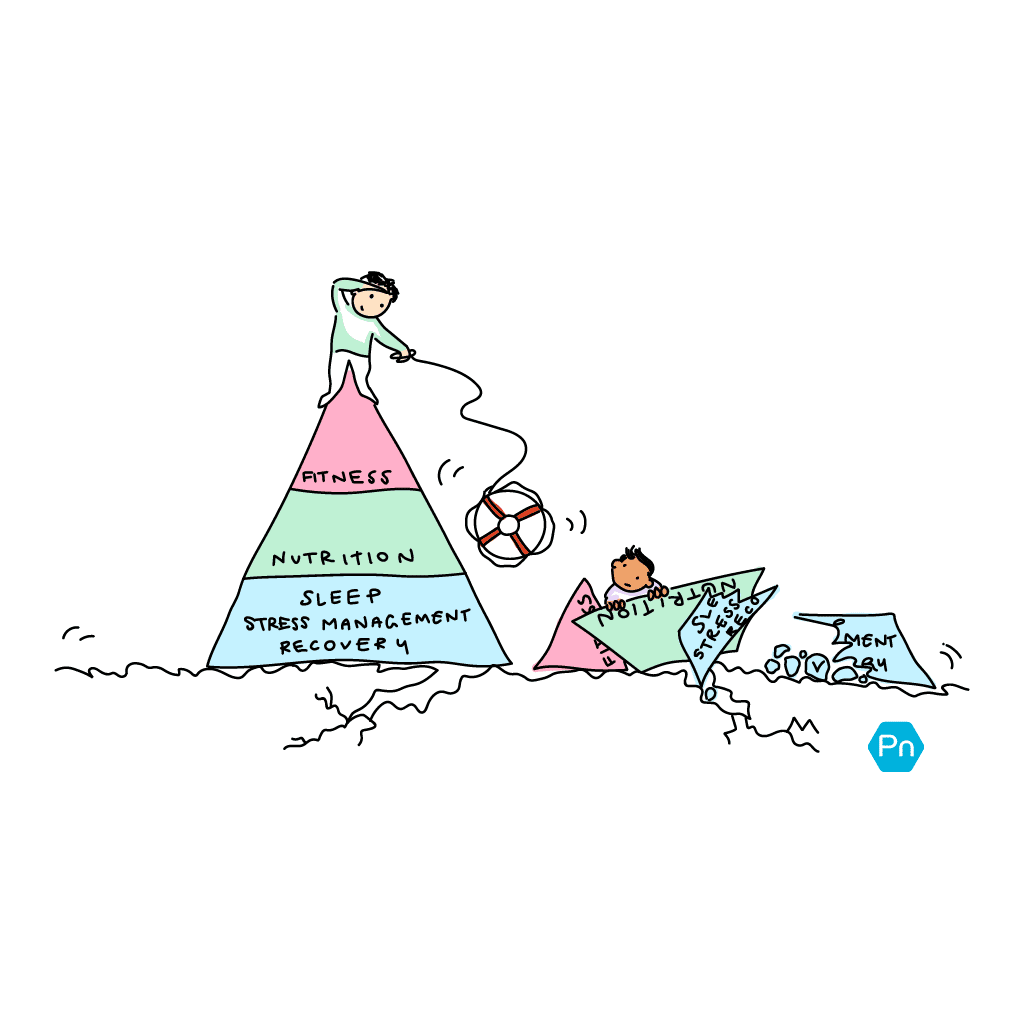
When it comes to health, most people focus on exercise and nutrition.
But as Raul and Chen’s examples show, sometimes fitness and nutrition aren’t enough.
To support fitness and nutrition habits—especially during major life upheavals (like a pandemic)—most people need solid sleep, stress management, and recovery skills.
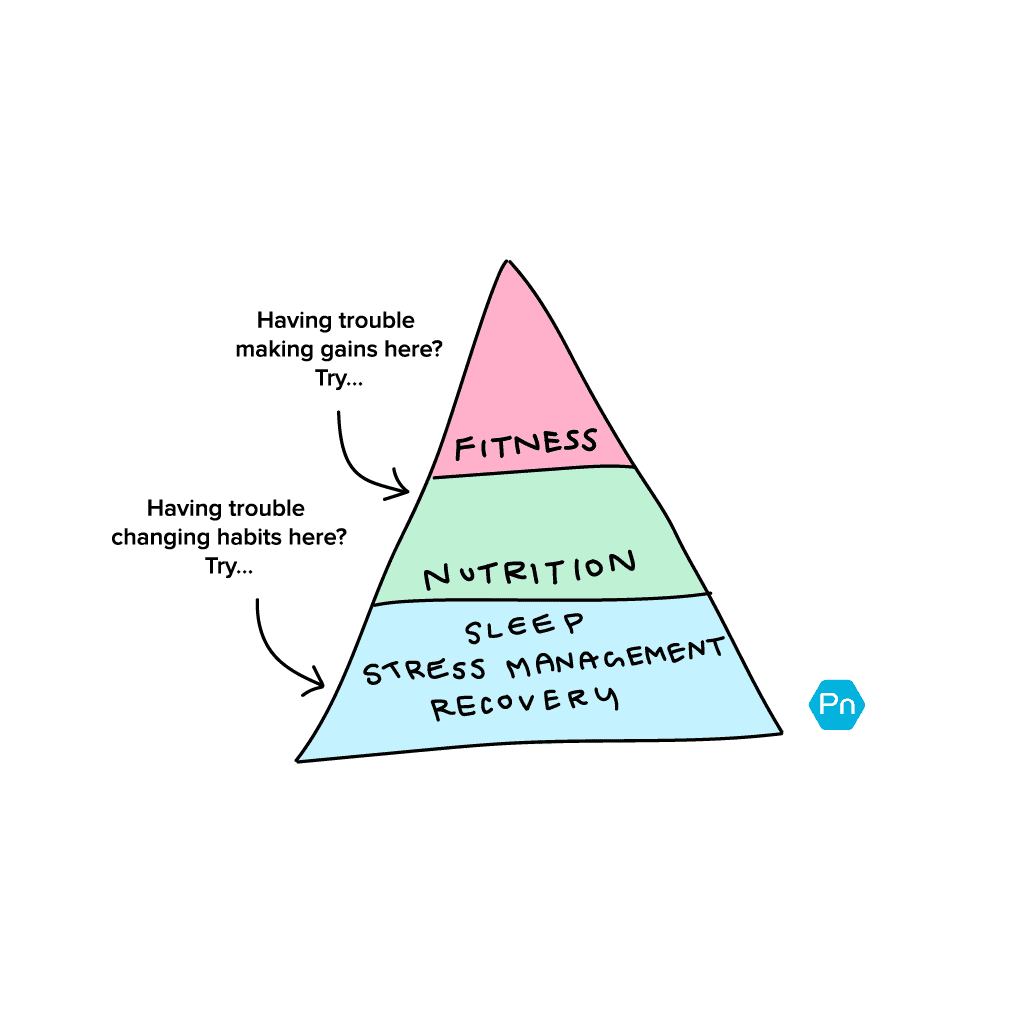
If your habits crumbled during the pandemic (or during any other stressful life event), it’s NOT because you’re lazy or broken.
Rather, your foundation of sleep, stress management, and recovery skills may not have been strong enough to support your nutrition and fitness.
Fortify your sleep, stress, and recovery foundation now, and you’ll increase your chances of achieving and maintaining your health and fitness goals, no matter what shakes your world.
(Disclaimer: You’ll still hurt and struggle and snot and cry when your world goes Richter 7.0, but you’ll also get back up quicker.)
Below, we’ve got a short primer to get you started.
Use these resources to handle tough stuff
We won’t promise these tools will fix everything, but they might help you gain some positive momentum, and figure out what to do next.
▶ Worksheet: Focus on what you can control—not on what you can’t.
Many of us are familiar with the Serenity Prayer that cautions us to accept the things we cannot change, the courage to change the things we can, and the wisdom to know the difference.
Easier said than done, right?
This short exercise can help. By sorting your worries into three categories, you’ll gain the perspective needed to truly let go of the stuff that’s out of your control as well as do something (if you choose) about what’s in your control. By continually orienting your focus toward your “I’ve got this” zone, you’ll feel more empowered and less anxious.
▶ Infographic: Use the dial method to scale your health and fitness habits up and down.
Too many people think of their healthy habits like an on/off switch. They’re either exercising everyday—or they’re not exercising at all. They’re eating whole foods 100% of the time—or just not bothering.
You get the idea.
This all-or-nothing thinking makes it difficult to maintain momentum when your day, week, month, or year goes sideways. (BTW: it can also raise your risk of depression and anxiety.)
To break free from this destructive mindset, you’ll want to practice its opposite: flexible thinking.
Our infographic can help you think of your healthy habits like a dial rather than an on/off switch. That way, you’ll be able to adapt your habits (without fully abandoning them) when life feels busy, out of hand, hairy, or all of the above.
▶ Worksheet: Try a self-compassion quickie.
Self-compassion (giving yourself the same kindness you’d offer to a friend) can help ease depression, anxiety, stress, and self criticism, finds research.1
This worksheet walks you through a brief exercise to try it yourself. You’ll be surprised how being kinder to yourself (instead of beating yourself up) can dramatically change how you feel.
▶ Worksheet: Showcase your wins.
This tool can help you train your brain to find—and build on—your wins, however small. You’re probably doing more right than you realize. See how many small successes you can spot in a day. Even tiny efforts (“I did one wall pushup!”) count.
▶ Exercise: Move toward goals you can achieve.
Many people think they need to feel motivated before taking action—but life doesn’t always work that way. (Case in point: How motivated were you to get out of bed this morning?)
A better strategy: Build the habit of taking action, regardless of your level of motivation. Action drives behavior. So by doing something, even if it seems too insignificant to matter, you’re building positive momentum.
We challenge you to look for very small opportunities—what we call “5-minute actions”—to carve out a little more recovery and resilience TODAY. Even tiny actions taken today can build towards a brighter future.
Here’s how to start
If you currently relate to Raul, then our list of resources might make you feel all, “UGH, now I have MORE stuff to do?!”
That’s normal. It can feel intimidating to work on new stuff when you feel you’re barely pulling yourself off the couch.
Keep in mind: This doesn’t need to be a huge project. For now, just…
- Read through the list
- Pick one resource that looks interesting to you
- Spend five minutes reading or working through a worksheet
Done.
Tomorrow, you can spend another five minutes, either continuing to work through yesterday’s resource, or choosing another to explore.
When you feel ready, decide how you’ll apply what you’ve learned to your life.
That’s how you build a strong foundation. Brick by brick.
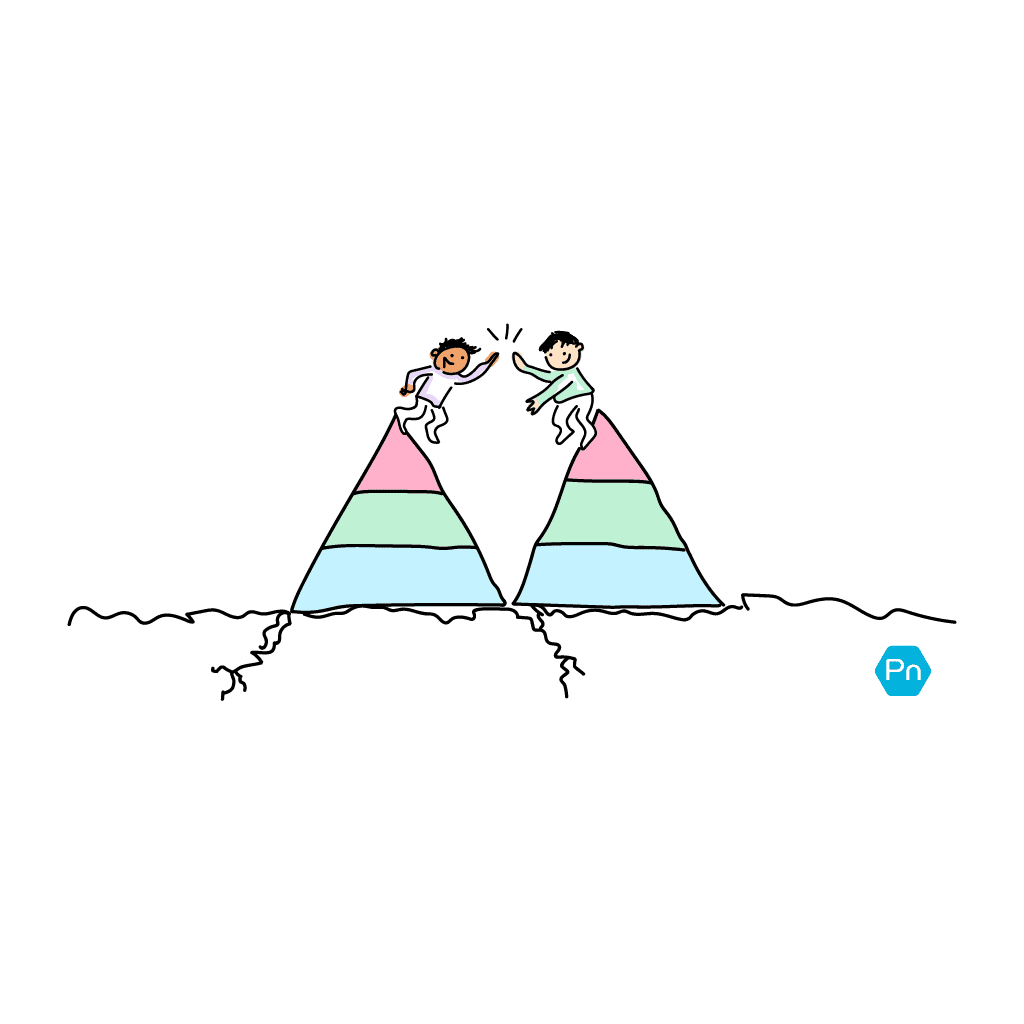
References
Click here to view the information sources referenced in this article.
If you’re a health and fitness pro…
When your clients are stressed and exhausted, everything else becomes a struggle: going to the gym, choosing healthy foods, and managing cravings.
But with the right tools, you can help your clients overcome obstacles like chronic stress and poor sleep—leading them toward the lasting health transformations they’ve always wanted.
PN’s Level 1 Sleep, Stress Management, and Recovery (SSR) Coaching Certification will give you these tools. And it’ll give you confidence and credibility as a specialized coach who can solve the biggest problems blocking any clients’ progress. (You can join the SSR Early Access List for our biggest discount + exclusive perks.)
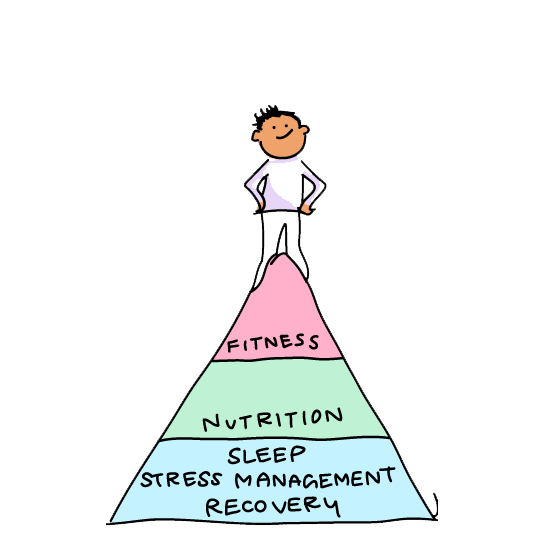
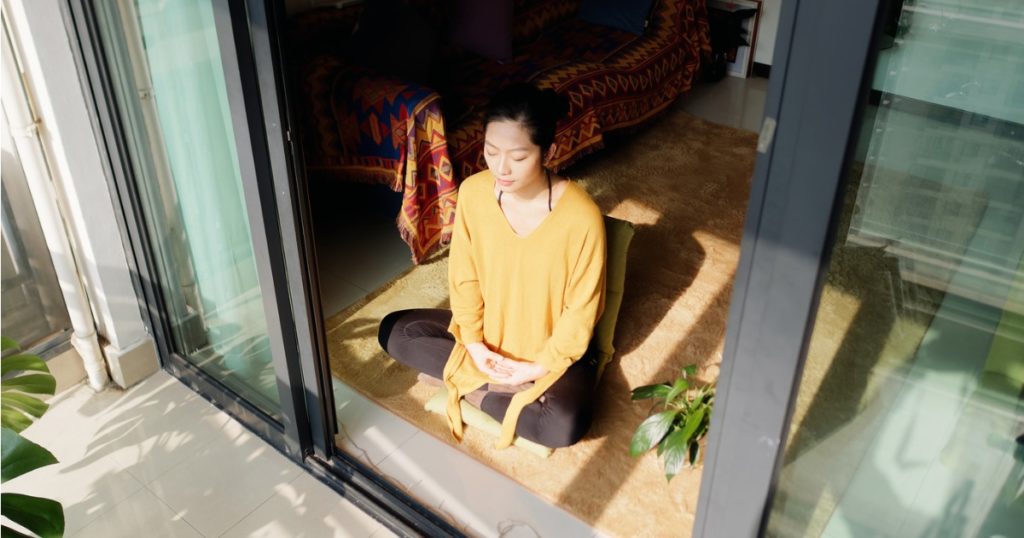

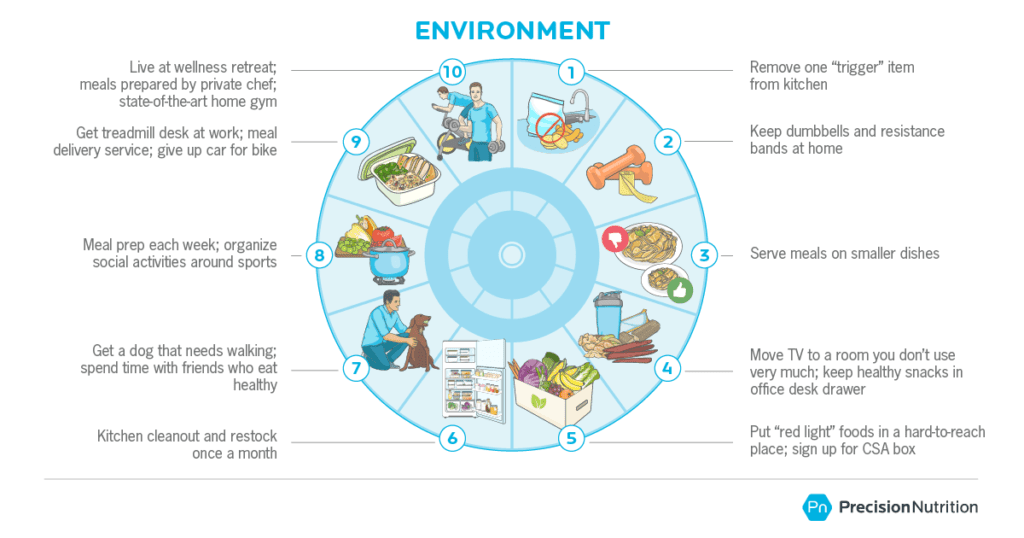
Share